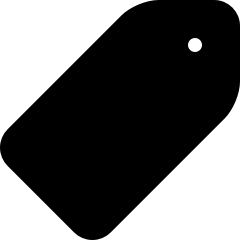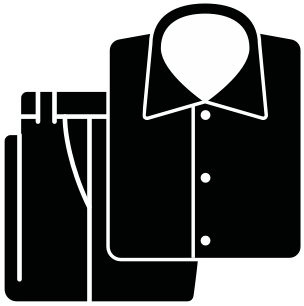CALIFORNIA TRANSPARENCY IN SUPPLY CHAINS ACT DISCLOSURE
At Tailored Brands, and its subsidiaries Jos. A. Bank, K&G Fashion Superstore, Men’s Wearhouse, and Moores, we are committed to sourcing our products in a legal, ethical and responsible manner. Our Company has a responsible sourcing program in place that is defined by our Supplier Code of Conduct and sets expectations with our direct suppliers that manufacture products for our brands.
Throughout the year, we monitor and work with our direct suppliers from around the world in an effort to assess whether their factory working conditions meet their government’s specific laws as well as our Company’s Supplier Code of Conduct. We have a responsibility to serve a greater purpose, and we are committed to social responsibility and environmental stewardship throughout our Company, and we are pleased to provide the following summary to responsibly manage our efforts within our supply chain.
Verification
We have in place a responsible sourcing program to help identify the risks of modern-day human trafficking and slavery. In addition, we team up with a leading international independent organization to conduct audit inspections and determine remediations, if necessary, for the factories that produce our goods. Each factory is required to go through and pass an annual audit, and all new factories are required to have an audit inspection and must pass before any purchase orders are placed.
Audits
Each year we conduct regular audit inspections of each of our direct suppliers that manufacture our products to assess whether they meet our Supplier Code of Conduct and their specific governmental laws and regulations. We partner with a leading international independent organization that conducts both announced and unannounced audit inspections on an annual basis. Depending on the size of the factory, the audit can consist of inspections of payroll and personal documents, and health, safety and environmental topics; private worker interviews; a complete walk-through of the factory; and much more.
If our independent organization finds a noncompliance issue, the identified matter must be resolved before the factory can be recertified for an additional year. Through our partnership with the independent organization, we aim to empower the factory with knowledge so they can correct the noncompliance issue to then be able to comply with their specific governmental laws and regulations and our Supplier Code of Conduct. We have the right to terminate a business relationship if a critical issue of noncompliance is identified or when the direct supplier is unwilling to comply with our requirements.
Certifications
All of our direct suppliers are required to certify that the products they manufacture on our behalf comply with anti-slavery and human trafficking laws specific to the country or countries where the products are being produced. While our Company recognizes that there are different legal and cultural environments in which direct suppliers operate throughout the world, we seek to only work with suppliers that share our commitment to upholding responsible sourcing that meets or exceeds our Supplier Code of Conduct. We prohibit any kind of forced labor, and our direct suppliers are contractually required to comply with our standards.
Periodically, our Company will also send communications to suppliers to reinforce our expectations that they must meet their government’s laws as well as our Supplier Code of Conduct.
Internal Standards
Our Company maintains and enforces internal accountability procedures for our employees and third-party agents in an effort to prevent human trafficking and slavery within our supply chain. Any failure to comply with our standards could lead to corrective action, up to and including termination.
Employee Training
Managers with direct responsibility for supply chain management of our direct-sourced products receive annual training regarding human trafficking and slavery, particularly concerning the mitigation of risks within the supply chains for our products.






